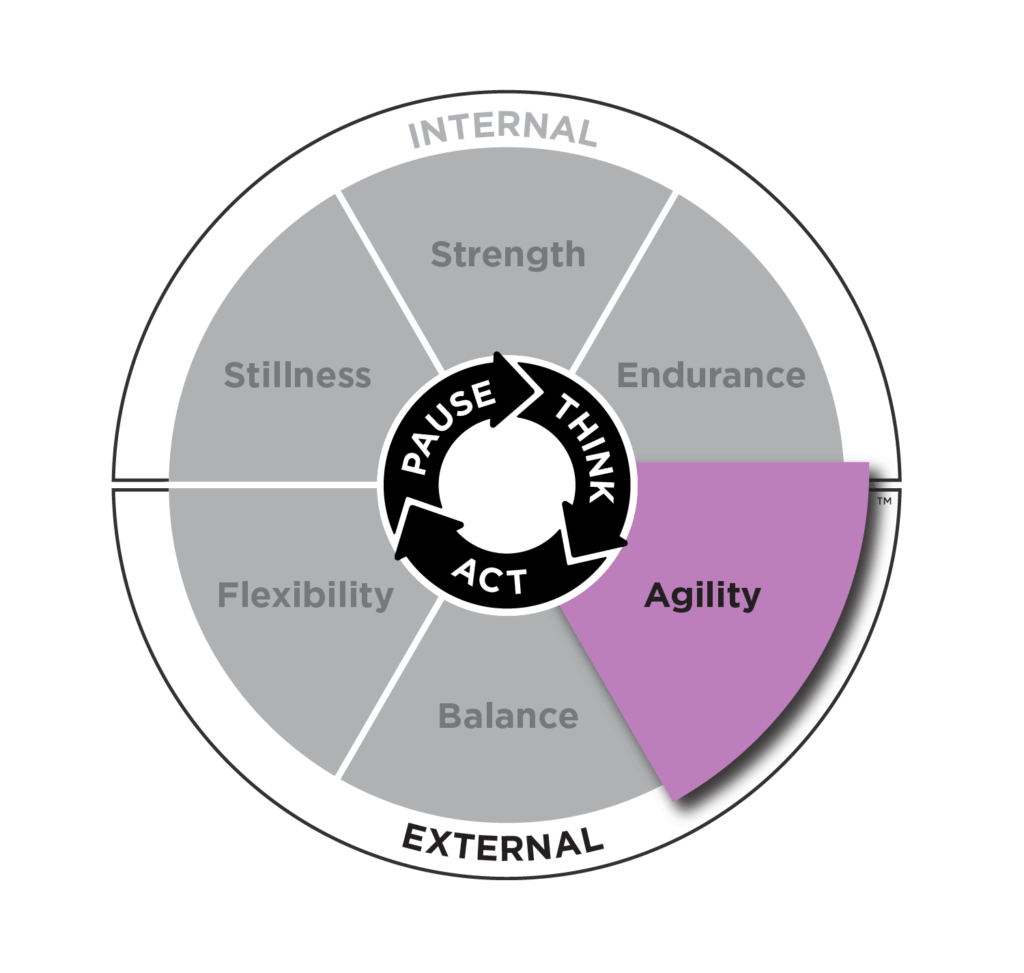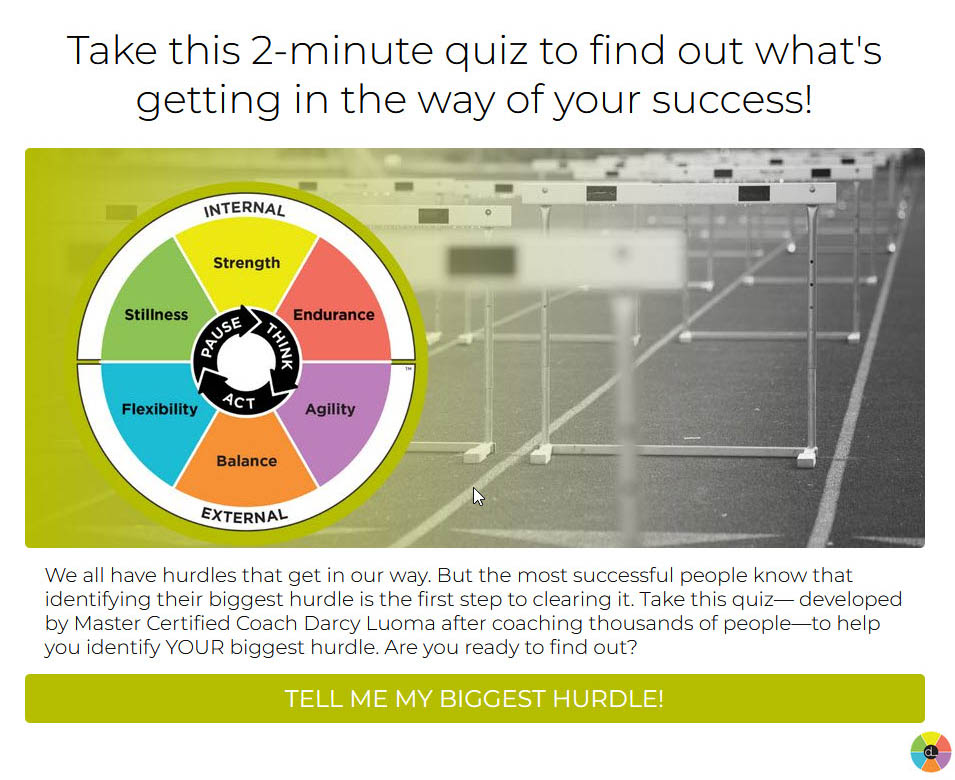Last year at this time, I remember sitting at my kitchen table with my team on a Monday morning discussing how bad I felt for my colleagues in the northwest who were having their speaking events cancelled because of this new disease called COVID-19. I was thankful that we worked in the midwest where it wasn’t affecting us.
Less than 24 hours later, I drove to Iowa to lead a full-day training on how to take a coach approach to managing. I set up the PowerPoint, name tags, and flip charts. Arranged the room, put out the workbooks, and wrote a welcome message on the front board. I was all ready when my contact walked in. The organization’s CEO had just issued a directive that there couldn’t be more than six people in a room and outside visitors were not allowed—effective immediately. In a very friendly, yet direct, way I was told, “You need to leave.”
On Thursday of that same week, my daughters were having the last day of school before spring break. I told them to clean out everything from their lockers—just in case they didn’t go back to school after break. They were flabbergasted at the idea and thought I was crazy. But thankfully they listened to their mother (they haven’t set foot in school since that day).
By the end of that week, it hit the midwest full-on. Sixteen of our events were either cancelled or rescheduled. I haven’t set up flip charts or name tags anywhere since that day in Iowa. And I haven’t had a team meeting at my kitchen table either.
Remember when we thought this was just going to be temporary, to flatten the curve?
And Now It’s Been a Year.
There have been a lot of Covid silver linings in the last year. More time with my girls. No high heels. Seven adorable and unique foster dogs. Living in yoga pants (what’s the saying—business on the top, party on the bottom). But that’s not what I want to talk about.
This has been a hard year. We’ve been social distancing, working from home, schooling from home, wearing masks, creating bubbles, picking up curbside, zooming for happy hour, muting and unmuting, canceling vacations, stocking up on hand sanitizer, doing drive-by birthdays, waiting for the vaccine, wearing double masks, and wondering when we can hug our parents again. . . FOR. A. YEAR!
People are hitting the pandemic wall. The adrenaline that carried us for the first few months is gone. The grief of not being around people is taking its toll.
Anniversary Reactions Elevate People Problems
We’re also hitting the prime time for anniversary reactions. When our nervous system experiences something traumatic, we’re wired to be on heightened alert on the anniversary of that event (some call it a traumaversary). It’s as if our bodies are preparing for something to happen—even if our brains know we’re safe. If you’re noticing you’re a little more on edge or more emotional, without knowing exactly why, it might be an anniversary reaction.
I’ve experienced this for the last five years in mid-March. We’re approaching the five year anniversary of my ex-husband’s arrest. Five years ago, I was planning a family RV road trip to celebrate our 10-year wedding anniversary. I had no idea that my life was about to turn upside down one day before our anniversary. Even though I’ve done a lot of work to heal since then, those emotions of March 2016 still come flooding back every year.
A lot of people are dealing with pandemic memories from March 2020. The thoughts of our last time in a team meeting, at a family party, going to a movie or sporting event come flooding back. It’s exhausting, and it can be heartbreaking.
Is it any wonder tempers are short and relationships feel strained right now? Maybe you’re not as patient with your kids as you’d like. Maybe you’re more defensive than normal. Maybe the slightest comment can set you off. When we aren’t at our best internally, it makes it harder to show up the way we want with others. My clients are bringing up people problems in our coaching sessions that they normally could handle well, but they’re struggling.
What Can You Do About It?
This is the time to practice Agility—the Thoughtfully Fit practice where you respond effectively, instead of reacting unconsciously. Communicating when you’re in this heightened state can feel like walking on eggshells. They might lose it. You might lose it. Or even if everyone is keeping their tempers in check, it still feels tense.
If you’re nodding while reading this, welcome to the club—you’re human. So what can you do, given that the stress of these anniversaries isn’t something you can control, but you still want to respond thoughtfully in the moment to others?

Awareness is essential in this moment. Recognize when you’re hitting a wall or experiencing an anniversary reaction.
This can be difficult to do when your nervous system is fried. (Let me acknowledge that some trauma requires therapy to heal from. I understand first-hand the work required to feel safe, and I’m a big fan of therapy.) Getting off autopilot—in order to raise your awareness and be able to respond thoughtfully with Agility—all starts with one critical first step.
Hitting the Pause button.
Whenever you learn a new sport, the first thing you learn is how to stop. On skis, you snowplough. On skates, you toe pick. On rollerblades, you use the heel break. You learn to stop so you can stay safe. And it takes a lot of practice to be able to stop quickly when under pressure.
The same is true with Agility. When you’re blindsided, caught off guard, or triggered, you need to learn to stop—so you don’t go down the spiral of unintended words that you have to go back and clean up later! You gotta hit the Pause button. Pausing helps you create awareness in the moment that your knee-jerk reaction might not be best.
One-Minute Thoughtfully Fit Workout
Pause. Next time you find yourself in a conversation getting heated or uncomfortable, hit the Pause button. Take a deep breath and, if you can, tell the other person that you’re hitting the Pause button. Invite them to do the same!
Think. Ask yourself some thoughtful questions. How do I want to proceed in the conversation? What do I need to feel safe? What does the relationship need to stay safe? What self care do I need during this anniversary reaction time, so I don’t feel so edgy?
Act. Proceed with caution and care. Slow the pace of the conversation down enough that you can be thoughtful and intentional. Or, if you need to, take a break and come back later when you can try again.
Communication is tough enough without adding the pandemic wall and anniversary reactions to the mix. Give yourself the chance to be thoughtful, both with others and yourself, by hitting that Pause button.


